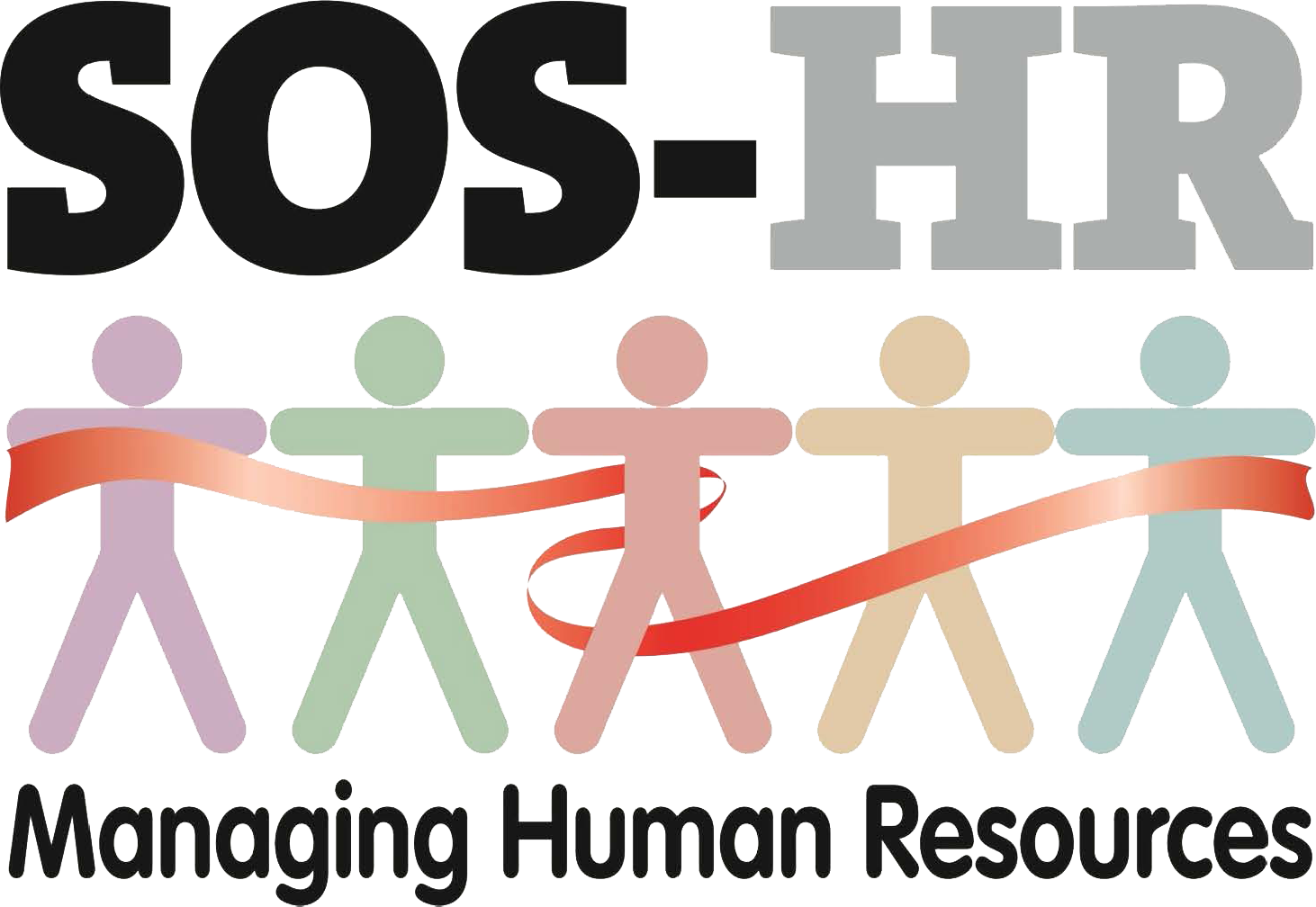Pay Awards Budgeting for 2024
2024 looks like it is going to be another volatile year with the economic climate remaining uncertain and continued skill shortages. Many employers will be feeling the pressure on how to attract talent in a competitive market and retain and reward their current workforce.
Employers will already be thinking about planning for 2024 and the key priorities and challenges they face when it comes to budgeting for the next financial year. The cost of living is still a key consideration and employers will likely want to look to continue to support employees as far as practical through fair pay awards to help their workforce maintain living standards.
2023 saw employers give one-off cost of living payments as well as a salary increase to improve the benefits they offered, along with onboarding payments to attract new joiners. If this is needed again in 2024 it will undoubtedly put additional pressure on the cost of doing business.
Employers planning their reward strategy need to apply fairness, equitability and transparency across all employee groups. Employers were faced with a substantial increase in their wage bill this year following the increases seen in the national minimum and living wage rate. Many employers faced cries from their workforce to maintain the pay differential between those groups that received the national minimum/living wage rate and those who didn’t.
It is likely that in 2024 employers are going to have to think about how to improve employee retention and reward their high performers. Benchmarking salaries should be a priority. This will allow employers to understand whether the salary rate is competitive in the market. Couple with a fair and competitive base salary, employers will need to evaluate the benefits package offered.
One of the main obstacles employers will face is affordability along with the difficult task of managing employee expectations. For many employers maintaining high pay awards will not be sustainable and could mean that the only way such awards could be funded would be by making job cuts and efficiencies in other key areas.
In managing employee expectations employers are faced with having to educate and encourage their employees to see beyond their take-home pay. Employers need to understand what, above pay, is attractive and help the employee recognise their overall employment package.
Employers should consider the merits of showing a total reward statement which showcases the value of all benefits not just the salary. The elements of a total reward statement would include such like as; basic salary, pension contributions, any bonus, life assurance, medical insurance, car/car allowance, holiday allowance, cycle to work schemes, learning and development opportunities and intangible rewards e.g. flexibility.
If you would like help with carrying out a benchmarking exercise, further guidance or HR advice please contact 01473 276170 or email us at soshr@sos-hr.co.uk
